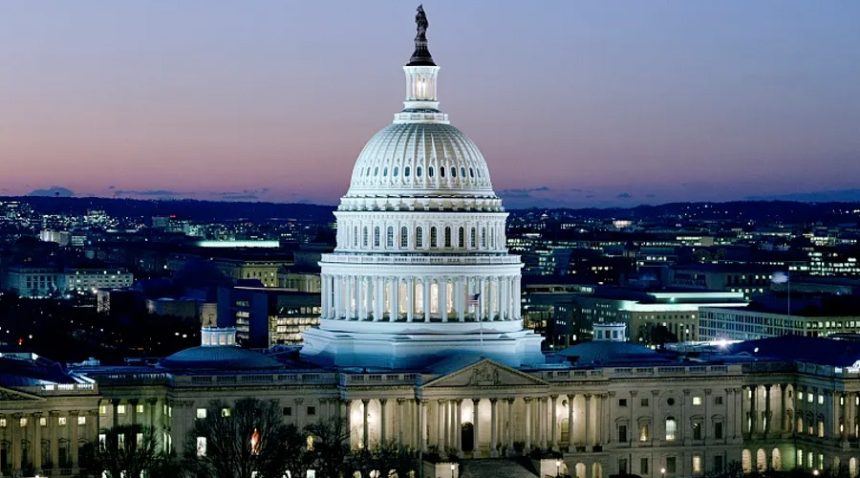The current ongoing LA wildfires has been followed by a raft of lawsuits on Southern California Edison
Utility companies in California are on a roll, facing several lawsuits resulting from devastating wildfires. The SCE suits, most notably against Southern California Edison, have shown significant negligence issues with regulatory lapses and have posed financial and policy implications in the energy sector. The two recent fires at Eaton and Palisades, exemplify how operational challenges and legal complications are revolutionizing utility business as well as public accountability.
Notable Utility Lawsuits and Charges
1. Southern California Edison and the LA Wildfires
The devastating LA wildfires, possibly the costliest in US history, have brought Southern California Edison under intense scrutiny. The Eaton Fire burned over 14,000 acres, destroyed more than 7,000 structures, and took 16 lives since its beginning on Jan 7, 2025.
Legal Framework and Impact of Inverse Condemnation:
It has been followed by a raft of lawsuits from the victims of the Eaton Fires. All of them claimed that the failure of SCE to de-energize its electrical equipment when red flag warnings were received contributed to the ignition.
These suits are based upon California’s distinctive legal doctrine of ‘inverse condemnation’. In California, inverse condemnation gives the victims a right to sue the utilities regardless of whether they have followed all the regulations and protocols. A doctrine that usually applies to governmental bodies has been stretched to cover private utilities involved in providing fundamental services such as electricity. Legal analysts say that plaintiffs in such lawsuits do not need to prove negligence but that the equipment of the utility was a proximate cause of the fires.
Claimants assert that SCE’s operational practice disregarded public safety and violated applicable maintenance regulations. These lawsuits request compensatory damages for property loss, personal injuries, and wrongful death, plus punitive damages as well.
Daniel Farber is a professor of law specializing in energy and environmental law at UC Berkeley and noted this doctrine is unique, “Southern California Edison lawsuit is very unusual in that normally this doctrine only applies to government entities.
Pacific Palisades Legal Issues: In a separate sleuth of lawsuits, the victims of the Pacific Palisades wildfire have sued the Los Angeles Department of Water and Power (LADWP) over allegations that it mismanaged the water supply. The complainants argue that a critical water source was left dry for months, exacerbating the severity of the fire. This highlights a broader issue in utility accountability that goes beyond the electrical infrastructure into water resource management.
Southern California Edison Response:
Southern California Edison, a unit of Edison International, has denied detecting any operating anomalies on its high-voltage transmission wires within 12 hours before or after the fire’s ignition. Edison CEO Pedro Pizarro explained in an interview with Bloomberg TV that the company had followed all wildfire mitigation protocols approved by regulators. However, eyewitness accounts have linked flames near the transmission towers to the fires’ origins, prompting lawsuits alleging negligence and invoking inverse condemnation.
Financial and Human Impact of the Wildfires:
The Los Angeles wildfires have destroyed over 6,000 structures, claimed at least 24 lives, and are expected to cost tens of billions of dollars. The economic losses far exceed insurance coverage, leaving victims to seek compensation for rebuilding costs, lost wages, and other damages.
The state’s lawmakers created a US$21 billion wildfire insurance fund to keep utilities like Southern California Edison financially stable while making it possible for utility companies to pay out their claims. On the other hand, SCE has a US$3.9 billion cap in this fund.
The lawsuits against SCE, particularly those brought by Eaton Fire victims, are likely to take years to resolve. These cases not only seek economic damages but, if negligence is proven, could also result in compensation for personal injuries and wrongful deaths.
Plaintiffs’ lawyer Mikal Watts, who has previously represented wildfire victims, warned, “The price tag of these wildfires will be something we’ve never seen before.”
Southern California Edison reiterates its commitment to affected communities and restoring power. However, these lawsuits’ long-term financial and reputational impact may significantly shape the utility’s future.
PG&E and Historical Precedents:
Pacific Gas and Electric Company, in particular, has become an exemplar of caution. Its contribution to the devastation wrought by the 2018 Camp Fire created unprecedented financial exposures and bankruptcy. It is within the context of such struggles that PG&E illustrates the financial and operational exposure utilities assume upon being involved in wildfire-related negligence.
Regulatory Changes:
The lawsuits may spur stricter regulations on utility operations, especially in areas prone to wildfires. This may include more stringent safety measures, better maintenance protocols, and real-time monitoring of infrastructure. Utilities may also be subject to greater oversight to ensure compliance with these standards.
Broader Trends
Scrutiny and lawsuits over the liabilities and accountability have grown for many US utilities. A case in point includes Hawaiian Electric Industries facing wildfire claims over-involvement with Maui, a climate-related lawsuit by Duke Energy.
The ongoing case trend involves utility companies increasingly becoming accountable for their environmental effects as well as the safety of their people.
The Eaton and Palisades fires serve as a stark reminder of the destruction caused by utility-related wildfires. Beyond the destruction of property, these disasters displace thousands, strain emergency services, and contribute to environmental degradation. For affected communities, lawsuits offer a means of seeking compensation and demanding accountability.
Utilities must balance the responsibility of providing essential services with the need to prioritize safety and environmental stewardship. Failure to do so may lead to legal repercussions, but it will damage public trust.
Conclusion
The LA fires and Southern California Edison is a landmark moment in the evolution of energy policy and utility operations. These cases convey a clear message on rigorous maintenance, proactive safety measures, and robust regulatory frameworks. The legal battles also indicate what is in store for energy policies, corporate accountability, and consumer protections across California and other states.
The energy sector needs to tread carefully with these challenges in mind, since public safety, environmental sustainability, and operational integrity are all inextricably linked. Be it policy reform or corporate adaptation, the effects of these lawsuits will be felt far beyond the courtroom. Thus, affecting how utilities manage risks in an era of increasing environmental threats.






